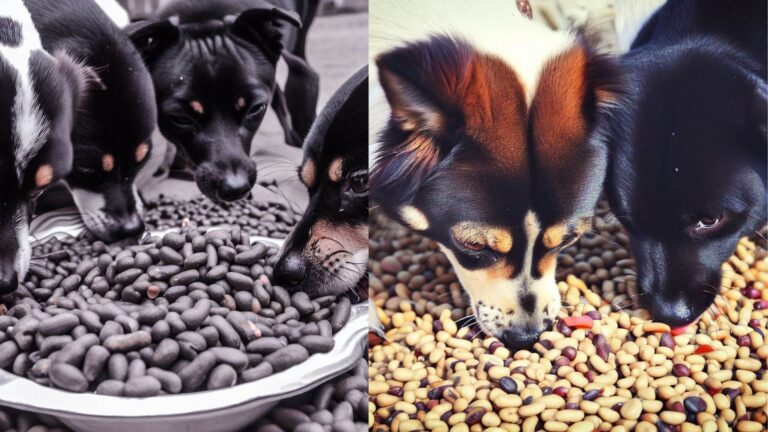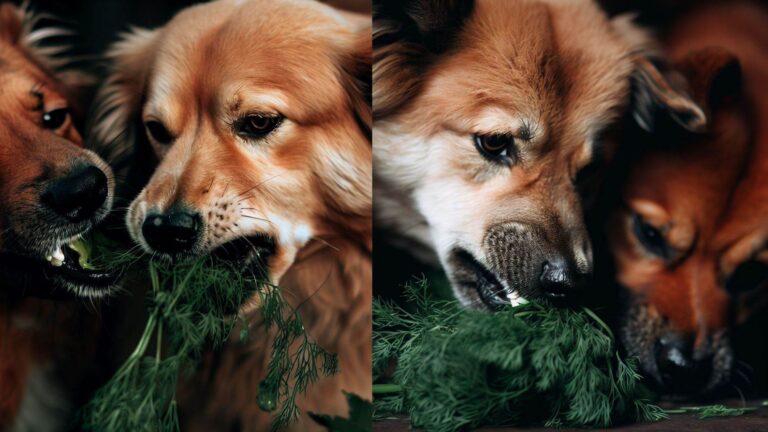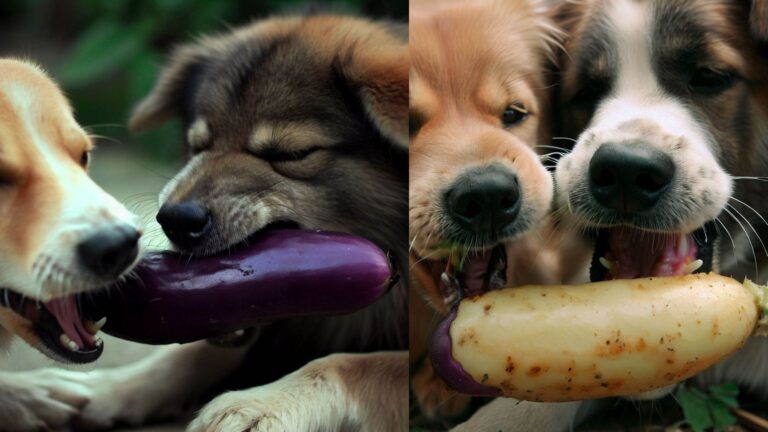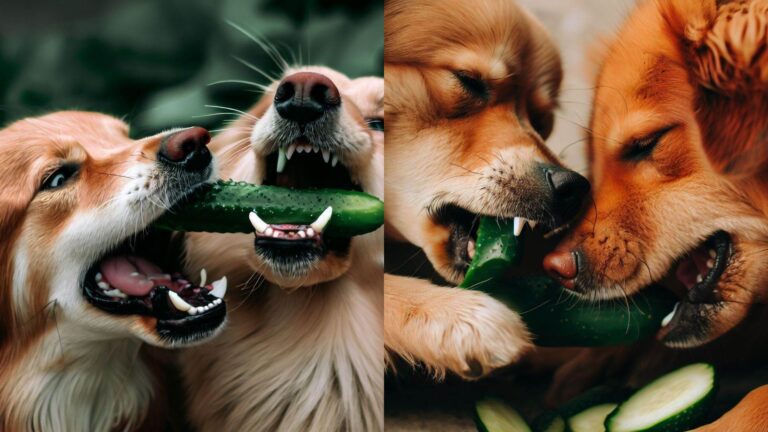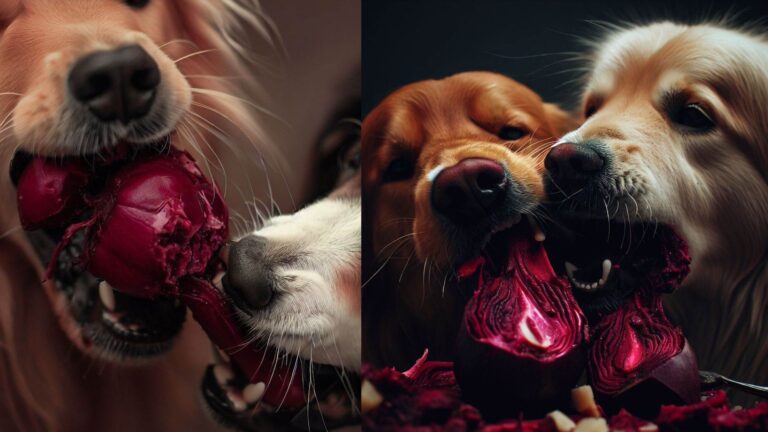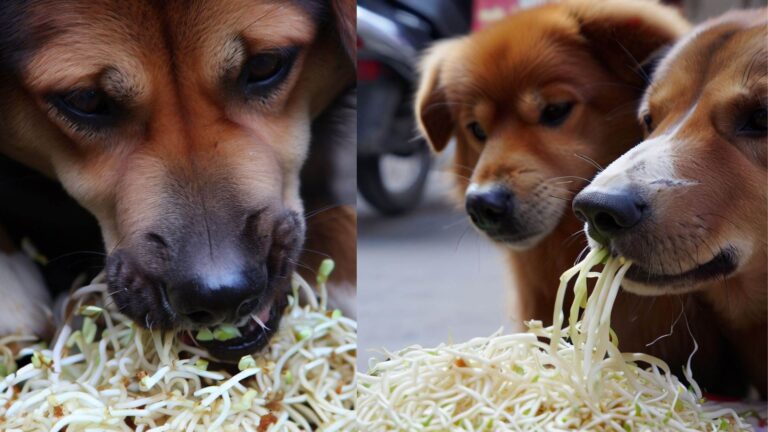As a health-conscious pet owner, you may wonder if certain human foods, like kale, can be safely incorporated into your dog’s diet. Kale has gained popularity in recent years as a nutrient-dense superfood for humans, but can dogs enjoy the same benefits? In this blog, we will delve into the topic and explore whether dogs can eat kale, its potential benefits, risks, and the best ways to incorporate it into their diet.
Table of Contents
Understanding the Nutritional Value of Kale
Kale is a leafy green vegetable from the Brassica family, including broccoli, Brussels sprouts, and cabbage. It is renowned for its exceptional nutritional profile, being rich in vitamins A, C, and K, as well as minerals such as calcium, potassium, and iron. Additionally, kale contains antioxidants and is an excellent source of dietary fiber.
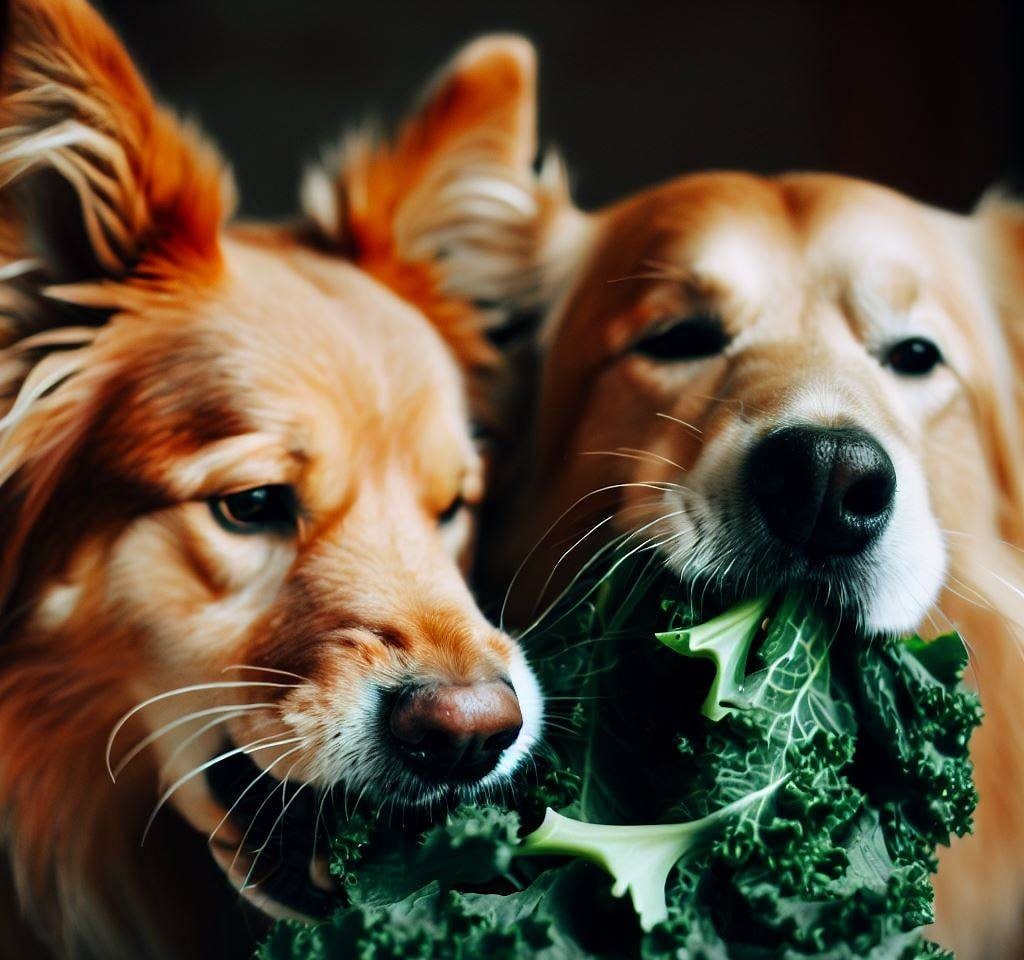
Can Dogs Eat Kale?
Yes, dogs can eat kale. Kale is generally safe for dogs to consume in moderation. It is a nutrient-dense vegetable that offers several potential health benefits for them.
Potential Benefits of Feeding Kale to Dogs
While dogs have different nutritional requirements than humans, incorporating certain fruits and vegetables into their diet can provide health benefits. Here are some potential advantages of feeding kale to your furry friend:
- Nutrient Boost: Kale is packed with essential vitamins and minerals that can support your dog’s overall health. The vitamins present in kale, such as vitamin A and C, contribute to a strong immune system, healthy vision, and tissue repair.
- Antioxidant Power: Kale contains antioxidants like beta-carotene and lutein, which help neutralize harmful free radicals and reduce oxidative stress. This may contribute to better cellular health and potentially reduce the risk of certain diseases.
- Digestive Health: The high fiber content in kale can promote healthy digestion in dogs. Adequate fiber intake helps regulate bowel movements and can be particularly beneficial for dogs with constipation or irregularities.
- Weight Management: As a low-calorie and nutrient-dense food, kale can be a great addition to a dog’s diet when trying to manage weight. It provides volume and satiety without significantly increasing calorie intake.
Potential Risks and Considerations
While kale can be beneficial for dogs, it’s essential to be aware of potential risks and take precautions:
- Oxalates: Kale, like other leafy greens, contains oxalates, naturally occurring substances that can form crystals and contribute to the development of kidney stones. However, the oxalate content in kale is considered relatively low, and feeding moderate amounts is generally safe for dogs without pre-existing kidney issues.
- Digestive Upset: Introducing kale into your dog’s diet too quickly or in large quantities may cause gastrointestinal upset, including gas, diarrhea, or stomach discomfort. It is advisable to introduce any new food gradually, observing your dog’s response.
- Allergies or Sensitivities: Dogs, like humans, can have individual sensitivities or allergies to certain foods. Before incorporating kale into your dog’s diet, watch for any signs of adverse reactions such as itching, hives, or digestive issues. If you notice any negative symptoms, consult your veterinarian.
How to Safely Incorporate Kale into Your Dog’s Diet?
If you decide to feed your dog kale, it’s crucial to follow these guidelines for a safe and balanced approach:
- Moderation is Key: Kale should be given to dogs in moderation as an occasional addition to their regular diet. It should never replace a complete and balanced commercial dog food.
- Preparation and Serving: Before serving kale to your dog, wash it thoroughly and remove any tough stems. Steam or lightly cook the kale to improve its digestibility and reduce the risk of potential digestive upset.
- Bite-Sized Portions: Chop or finely shred the cooked kale into small, manageable pieces to prevent choking hazards
- Mixing with Regular Food: Add small amounts of cooked kale to your dog’s regular food. Start with a teaspoon or less for small dogs and gradually increase the portion size over time. Monitor your dog’s response and adjust accordingly.
- Variety is Key: Remember that a balanced diet for dogs should consist of a variety of foods. While kale can be a healthy addition, it should be part of a diverse diet that includes high-quality protein sources and other vegetables suitable for dogs.
- Consult Your Veterinarian: It’s always a good idea to consult your veterinarian before introducing any new food into your dog’s diet. They can provide personalized advice based on your dog’s specific health needs and dietary requirements.
Read More: Can Dogs Eat Tofu?
FAQs
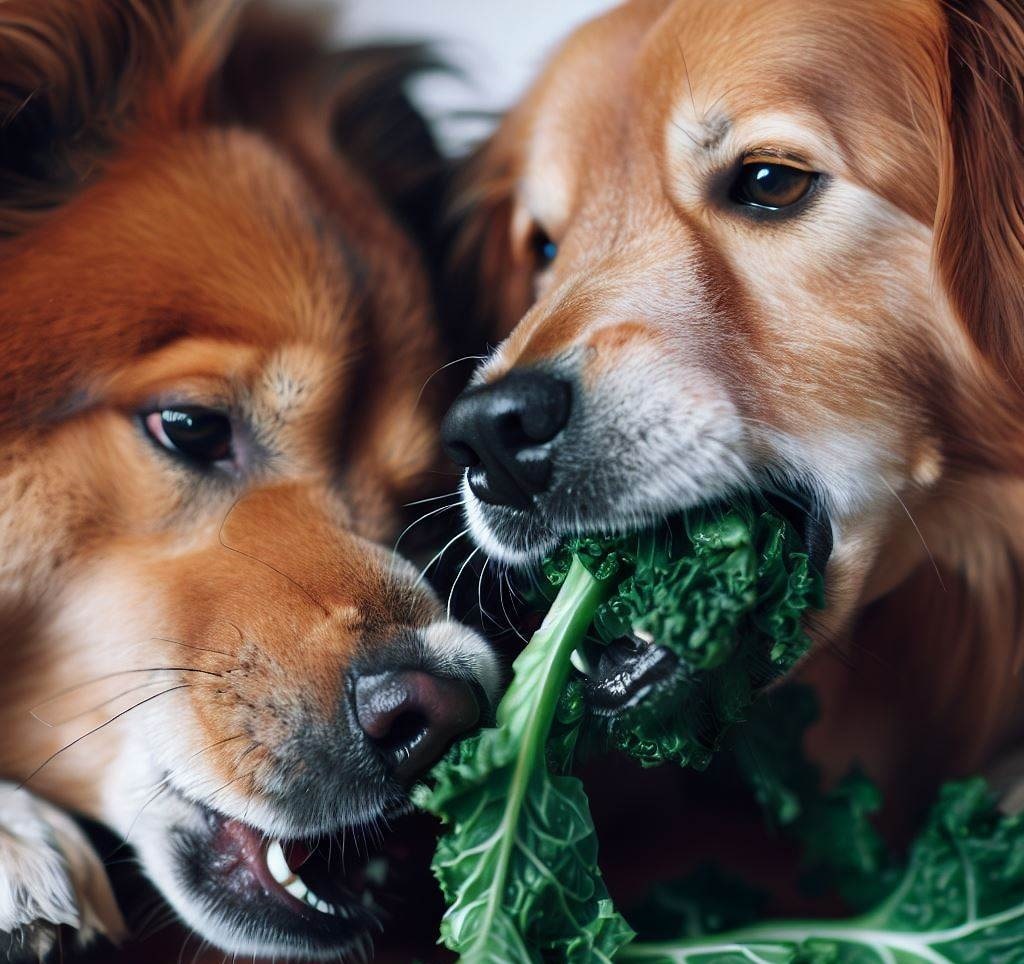
Is kale safe for dogs to eat?
Yes, kale is generally safe for dogs to eat in moderation.
Can dogs eat raw kale?
Raw kale can be difficult for dogs to digest. It is recommended to lightly cook or steam kale before feeding it to your dog.
How much kale can I give my dog?
Kale should be given to dogs in moderation. Start with small amounts, such as a teaspoon, and gradually increase the portion size over time.
Can kale cause digestive upset in dogs?
Feeding large quantities of kale or introducing it too quickly can cause gastrointestinal upset in dogs. Introducing new foods gradually and observing your dog’s response is important.
Are there any risks associated with feeding kale to dogs?
Kale contains oxalates, which can contribute to kidney stones. However, the oxalate content in kale is relatively low. Dogs without pre-existing kidney issues can generally consume kale safely.
Can dogs with allergies eat kale?
Dogs, like humans, can have individual sensitivities or allergies to certain foods, including kale. Watch for any signs of adverse reactions and consult your veterinarian if needed.
Can puppies eat kale?
Puppies can eat kale, but it’s essential to introduce it gradually and in small amounts. Puppies have specific dietary needs, so consult your veterinarian for appropriate feeding guidelines.
Can dogs eat kale stems?
The tough stems of kale can be difficult for dogs to chew and digest. It’s best to remove the stems before feeding kale to your dog.
Are there any health benefits of feeding kale to dogs?
Kale is a nutrient-dense vegetable that can provide vitamins, minerals, antioxidants, and dietary fiber to dogs. It may support overall health, digestion, and immune function.
Should kale replace my dog’s regular food?
No, kale should not replace a complete and balanced commercial dog food. It should be considered as a supplemental addition to your dog’s diet.
Can dogs eat kale chips?
It is generally not recommended to feed dogs kale chips. Most commercially available kale chips are seasoned with various ingredients like salt, spices, or oils, which may not be suitable for dogs. Additionally, the crunchy texture of kale chips can pose a choking hazard for dogs. It’s best to stick to plain, cooked kale without any added seasonings or oils when feeding it to your dog.
Can dogs eat kale leaves?
Yes, dogs can eat kale leaves. However, it’s important to prepare kale leaves properly before feeding them to your dog. Wash the leaves thoroughly to remove any dirt or pesticides, and remove the tough stems, as they can be difficult for dogs to chew and digest.
Conclusion
In conclusion, kale can be safely incorporated into your dog’s diet if done in moderation and with proper precautions. While kale offers numerous potential health benefits for dogs, it’s important to introduce it gradually, monitor your dog’s response, and consider individual sensitivities or allergies.
Remember, kale should never replace a balanced commercial dog food but can serve as a healthy supplement to enhance their overall nutrition. When in doubt, consult your veterinarian for guidance on incorporating kale into your dog’s diet and ensuring their well-being.
Disclaimer: This blog is for informational purposes only and should not replace professional veterinary advice. If you have concerns about your dog’s diet or health, please consult a qualified veterinarian.

